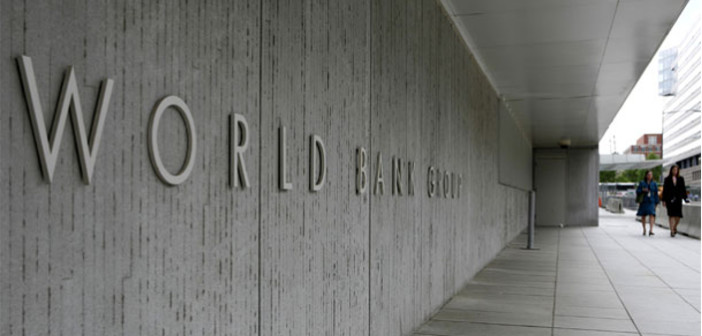Nigerian government is having talks with the executives at the World Bank to help it fund a forecast $11bn budget deficit.
Finance Minister Mrs. Kemi Adeosun made clarification in a statement that the country is not applying for an “emergency loan”.
Accordign to the BBC, it is understood that Nigeria is shopping for around $3.5bn from the World Bank and the African Development Bank.
Nigeria, Africa’s largest economy has been hit very hard by the recent fall in oil prices, and the government needs to find new sources of income to fund its budget.
Last year’s government budget was largely financed by oil revenue.
According to Mrs Adeosun, “Nigeria, as a member of World Bank group is entitled to access available funds like every member-country,” but she is also looking at the domestic market as a means to get finance.
“No application for loans have been made. We are simply discussing options for funding [the]2016 budget,” she added.
A major concern for Nigeria is that after over 55 years of independence, oil-generated revenues are still being used to support the day-to-day activities of the government, rather than being used for investment.
President Muhammadu Buhari is trying to adjust the public finances and whether he achieves this will be one of the ways his term in office will be judged.
For now, Nigeria will continue its consultations with its international partners, which started earlier this year with a visit by International Monetary Fund chief Christine Lagarde.
According to the IMF assessments, Nigeria’s economy will slow down in 2016 but growth may still achieved at 3.2%, which is a positive in the face of global economic uncertainty.
While some would argue Nigeria is not yet in a crisis mode, the situation in the country is clearly serious.
“Nigeria is deliberately boosting spending on infrastructure development to try to boost the economy as it tries to deal with the oil price shock, she added.




